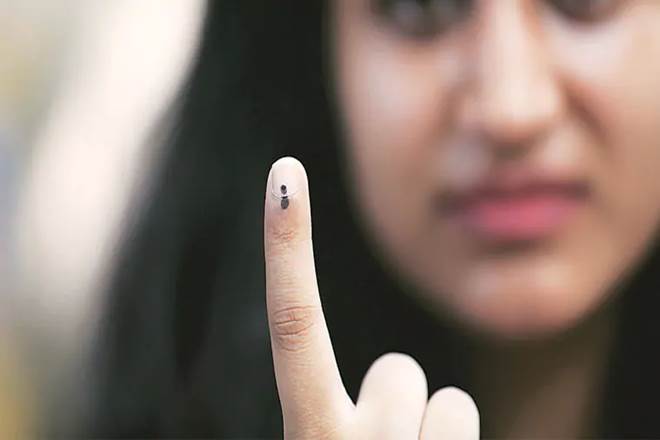With over a billion voters, the next election (assuming the incoming government lasts full five years) will need to be planned even more carefully than this one. Stretching the voting over nearly six weeks, from April 11 to May 19, is no doubt necessary because of the stretch of land, difficulty of access in many parts of the country and the difficulty of maintaining order. Even the Election Commission must be stretched now, monitoring the multiple violations of the Code of Conduct, to say nothing of the many more false allegations by parties. The Supreme Court has also been needlessly busy with parties rushing to it for some real or imagined violation of the law.
The use of EVMs speeds up voting and counting. India is a pioneer in this respect, though the likely losers are dreaming up a variety of objections and wish to revert to old handicraft technology—the paper ballot. This time, the Supreme Court has thwarted them. But losers always come back.
The more serious problem is of people having to return to the constituency where they have been registered as voters. There is no reason why they should lose their votes if they do not return. A country which can use EVMs and has a billion-plus mobile subscriptions can surely take the next step in improving people’s chances of voting. At the very least, a system of postal voting should be devised which is safe from fraud. In UK, I regularly get a letter from the Election Commission or the local authority to confirm my name on the register. I am also asked if I wish to cast a postal ballot which I can in advance of the date of voting, and the envelopes are not opened till the counting begins. At the very least, India should allow postal ballots. This would result in an extra 50 million votes being cast.
My next suggestion is more radical. After careful piloting, India should pioneer remote voting. This can be done electronically online or by smartphone. Popular TV shows solicit online voting all the time quite effectively. It would mean giving each voter a unique number and then a password with sufficient care for averting voter fraud. Aadhaar is already there to aid in this task. A new generation has arrived which does things on the move, something which my generation could never imagine. They bank online, date online, shop online, hail taxis using their phones book holiday accommodation online. The idea of having to turn up, even once in five years, at a particular location within certain time limits to cast your vote will appear bizarre to them. India has made enormous strides in digitisation. It cannot be beyond possibility that the option of voting at a distance be implemented.
The one advantage this has is that the election cycle can be shortened. Voters can be allowed to vote on any day within an interval of, say, one week. Those who wish to push the button on an EVM physically and enjoy the festival of democracy can go on doing so. But, if more voters choose to vote remotely, then the law and order problem can also be more manageable. There will be complaints of voter fraud no doubt just as now there are demands for paper trail. That can be left to the Election Commission to handle in its usual way.
A shorter election cycle has other advantages. It will ease the burden on the Election Commission of monitoring the adherence to the Model Code of Conduct. But, there are also ways of making the cost of complaining higher, to reflect the resource cost in terms of time and personnel for the Election Commission. It seems complaints against rival parties are part of an election campaign. As of now, the EC imposes ban for a day or two on the culprit campaigning. I would propose that the punishment should be on the analogy of sports tournaments. Persistent frivolous complaints should cost the candidate costing them a certain number of votes when the counting is done. If let us say for each complaint rejected, the candidate was to lose 5,000 votes, we may get some seriousness in the behaviour of political candidates. As it is, the costs of wasting the time of the Election Commission are too low and do not restrain anybody. Why else would we have the same old, tired complaints like the one about Rahul Gandhi’s foreign citizenship turn up at each election?
It may also help the Supreme Court to have similar powers of punishing candidates for time wasting. The court should be allowed to impose higher sanctions, including declaring the election null and void or preventing the candidate from taking up seat in the Lok Sabha for a period of time. An even better solution would be for the Court to say that they will only hear complaints which they deem serious immediately. The others would be heard after polling is over.
(The author is economist and Labour peer)


